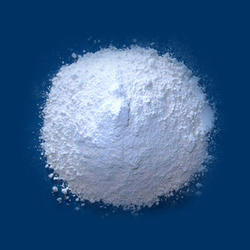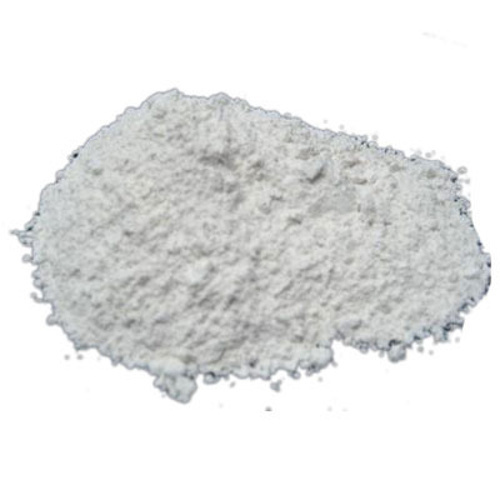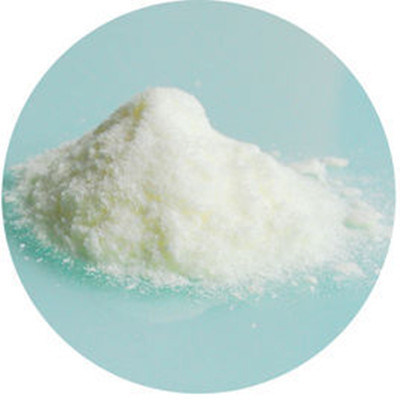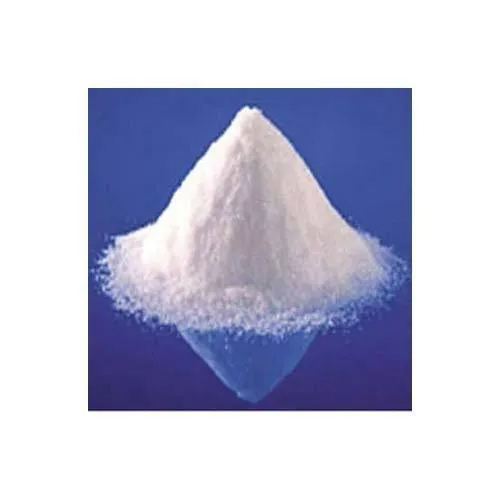Welcome to Our Company
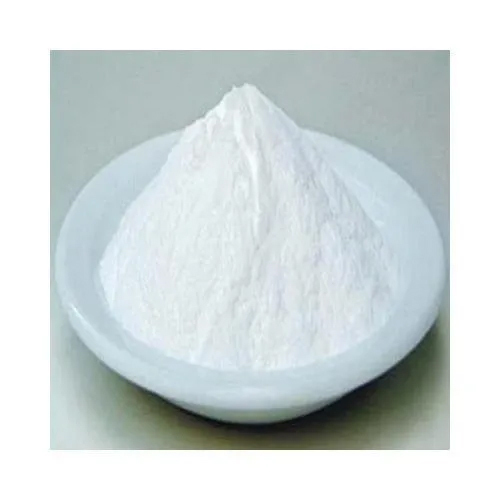
Trientine Powder
Product Details:
- Solubility In Water
- Storage Room Temperature
- Type Pharmaceutical Intermediates
- Grade Medicine Grade
- Usage Industrial
- Purity(%) 98%
- Appearance Crystalline Powder
- Click to View more
X
Trientine Powder Price And Quantity
- 10 Kilograms
Trientine Powder Product Specifications
- Industrial
- Medicine Grade
- In Water
- 98%
- Crystalline Powder
- Room Temperature
- Powder
- Pharmaceutical Intermediates
Trientine Powder Trade Information
- 7-10 Days
Product Description
Trientine powder is a pharmaceutical substance used for medical purposes. It is the active ingredient in a medication known by the brand name "Syprine." This medication is primarily used in the treatment of a medical condition called Wilson's disease.
Wilson's disease is a rare inherited disorder characterized by the accumulation of copper in various organs, particularly the liver and brain. This occurs due to a malfunction in the body's ability to properly excrete excess copper. Over time, the excess copper buildup can lead to severe health problems.
Trientine acts as a chelating agent, which means it forms a complex with copper, binding to the metal and helping the body eliminate it through urine. By reducing the copper levels in the body, Trientine helps manage the symptoms and slow down the progression of Wilson's disease.
It is essential to use Trientine powder under the guidance and prescription of a qualified healthcare professional, as the dosage and duration of treatment must be carefully monitored to ensure its effectiveness and safety. As with any medication, Trientine may have potential side effects or interactions with other drugs, so it's crucial to follow the doctor's instructions and report any adverse reactions.
Please note that medical information may change over time, and it's always best to consult a healthcare professional or pharmacist for the most up-to-date information regarding Trientine powder or any other medication.
Trientine Properties:
1. Chelating Agent: Trientine is a metal-chelating agent, which means it forms stable complexes with metal ions, especially copper. By binding to copper, it helps the body eliminate excess copper through urine.
2. Water Solubility: Trientine is water-soluble, which makes it suitable for oral administration. It is commonly available in capsule or tablet form for oral use.
3. Administration: Trientine is typically administered orally, although in certain cases, it may be given intravenously for acute situations.
4. Indications: The primary indication for Trientine is the treatment of Wilson's disease, a rare genetic disorder that leads to copper accumulation in various organs. Trientine helps in reducing the copper overload, managing symptoms, and preventing further complications.
5. Side Effects: Like any medication, Trientine may cause side effects. Common side effects may include gastrointestinal disturbances (nausea, vomiting, diarrhea), skin rashes, and neurological effects. Regular monitoring by a healthcare professional is essential to manage potential side effects.
6. Dosage: The dosage of Trientine varies based on the severity of the disease and individual patient factors. The treatment is often initiated and monitored by a healthcare professional experienced in managing Wilson's disease.
7. Interactions: Trientine may interact with other medications, including antacids, iron supplements, and other metal chelators. Patients should inform their healthcare provider about all the medications they are taking to avoid potential interactions.
FAQ:
Q. What is Trientine powder, and what is it used for?
Ans: Trientine powder is the active pharmaceutical ingredient used in the medication known by the brand name "Syprine." It is primarily used in the treatment of Wilson's disease, a rare genetic disorder characterized by copper accumulation in various organs.
Q. How does Trientine work in treating Wilson's disease?
Ans: Trientine acts as a chelating agent, forming stable complexes with copper. By binding to copper, it helps the body eliminate excess copper through urine, reducing the copper overload in the tissues and preventing further complications.
Q. How is Trientine powder administered?
Ans: Trientine powder is typically administered orally, in the form of capsules or tablets. In certain cases, it may be administered intravenously for acute situations.
Q. What are the common side effects of Trientine?
Ans: Common side effects of Trientine may include gastrointestinal disturbances (nausea, vomiting, diarrhea), skin rashes, and neurological effects. Regular monitoring by a healthcare professional is essential to manage potential side effects.
Q. Can Trientine interact with other medications?
Ans: Yes, Trientine may interact with other medications, including antacids, iron supplements, and other metal chelators. It's important to inform your healthcare provider about all the medications you are taking to avoid potential interactions.
Q. How is the dosage of Trientine determined?
Ans: The dosage of Trientine is determined based on the severity of the disease and individual patient factors. Treatment is typically initiated and monitored by a healthcare professional experienced in managing Wilson's disease.
Q. Can Trientine be used during pregnancy or breastfeeding?
Ans: Trientine should only be used during pregnancy or breastfeeding if the potential benefits outweigh the risks. It is essential to consult with a healthcare professional before using Trientine in such situations.
Q. Is Trientine safe for children?
Ans: Trientine can be used in children with Wilson's disease under the supervision of a healthcare professional experienced in managing pediatric patients with this condition.
Q. How long is Trientine treatment typically required?
Ans: The duration of Trientine treatment varies depending on the individual's response to the medication and the severity of the disease. Treatment may continue indefinitely, and regular monitoring is essential.
Q. Are there any special precautions to take while using Trientine?
Ans: Patients should adhere to their healthcare provider's instructions and attend regular follow-up visits. It's essential to report any new or worsening symptoms promptly.
Enter Buying Requirement Details

 English
English Spanish
Spanish French
French German
German Italian
Italian Chinese (Simplified)
Chinese (Simplified) Japanese
Japanese Korean
Korean Arabic
Arabic Portuguese
Portuguese
